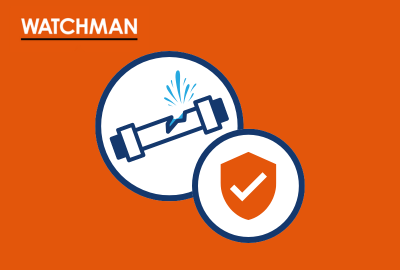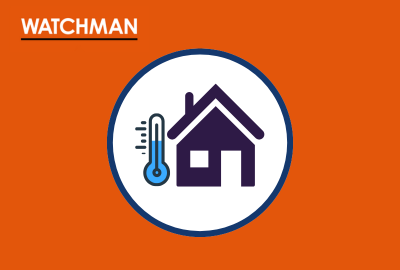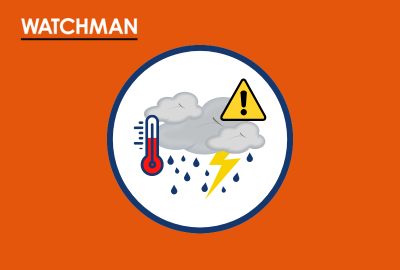More concerningly, there have been recent warnings that modern and new UK homes are simply not being built to withstand extreme summer heat.
Until now, the risk of solar heat damage may have been fairly low on the list of risks to be concerned about in relation to unoccupied residential properties. But experts say many new homes being erected are not designed to withstand extreme summer temperatures. And new research reportedly found a third of UK homes are susceptible to overheating. It’s also putting people’s health at risk.
Now that experts are clearly calling it out, executors and their advisers need to pay closer attention to the growing risk. This year we have seen temperatures reaching 34.7% in parts of the UK and we are on track for the hottest summer on record. In July this year, it was reported that the last three years have been in the UK’s top five warmest summers since 1884 when records began.
Older properties are also susceptible to sustained and extreme heat: overheated timber and wooden battens can warp; doors can be harder to shut; roof tiles can crack; shingle degrades more quickly and weaken a building’s structural integrity. Other materials can be degraded by sustained and extreme heat; and subsidence can also accelerate.
Watchman insurance
Personal representatives dealing with long-term empty probate properties that may be at greater risk of heat damage should consider the need for effective unoccupied property insurance and additional measures they could take.
Homes laying vacant for long periods have always, of course, been at risk of flooding and storm damage; fire damage; electrical faults; structural disrepair; and criminal damage. Given the risks, it’s crucial for that PRs arrange effective unoccupied domestic property insurance.
For that reason, Watchman Insurance offers bespoke and robust unoccupied property insurance. Reassuringly, it is simple to arrange, cost-effective and geared specifically to cover the risk of residential properties left unoccupied after the owner’s death (or where the owner has gone into care).
Importantly, unlike many similar policies, Watchman’s policy usually covers risks including malicious damage and subsidence. The property will need to be checked every 30 days, but this is less onerous than other policies that require a check every 7 days.
Many other unoccupied residential property insurance policies also demand payment of an upfront premium, which can add to any potential cashflow problems. However, with the Watchman policy there is no such requirement – only a small initial deposit is required for cover to be in place. Cover is calculated at a fixed daily rate; and the full insurance premium is then paid on completion of the sale or (if earlier) within 12 months. Cover can be arranged on the same day by telephone from a friendly and knowledgeable team.
Transparency is an important element of the Watchman policy, with no hidden charges or cancellation fees.
As trustees, the PRs have a legal duty to protect and preserve estate assets. If an empty property is inadequately insured and financial loss is caused to the estate as a result, the trustees could be personally liable for such losses.
Arranging adequate insurance is an important first step. Those responsible for the property should arrange and keep a record of regular practical checks of the property and turn off water, gas and electricity.
You can get more information and a quote by contacting us here.







